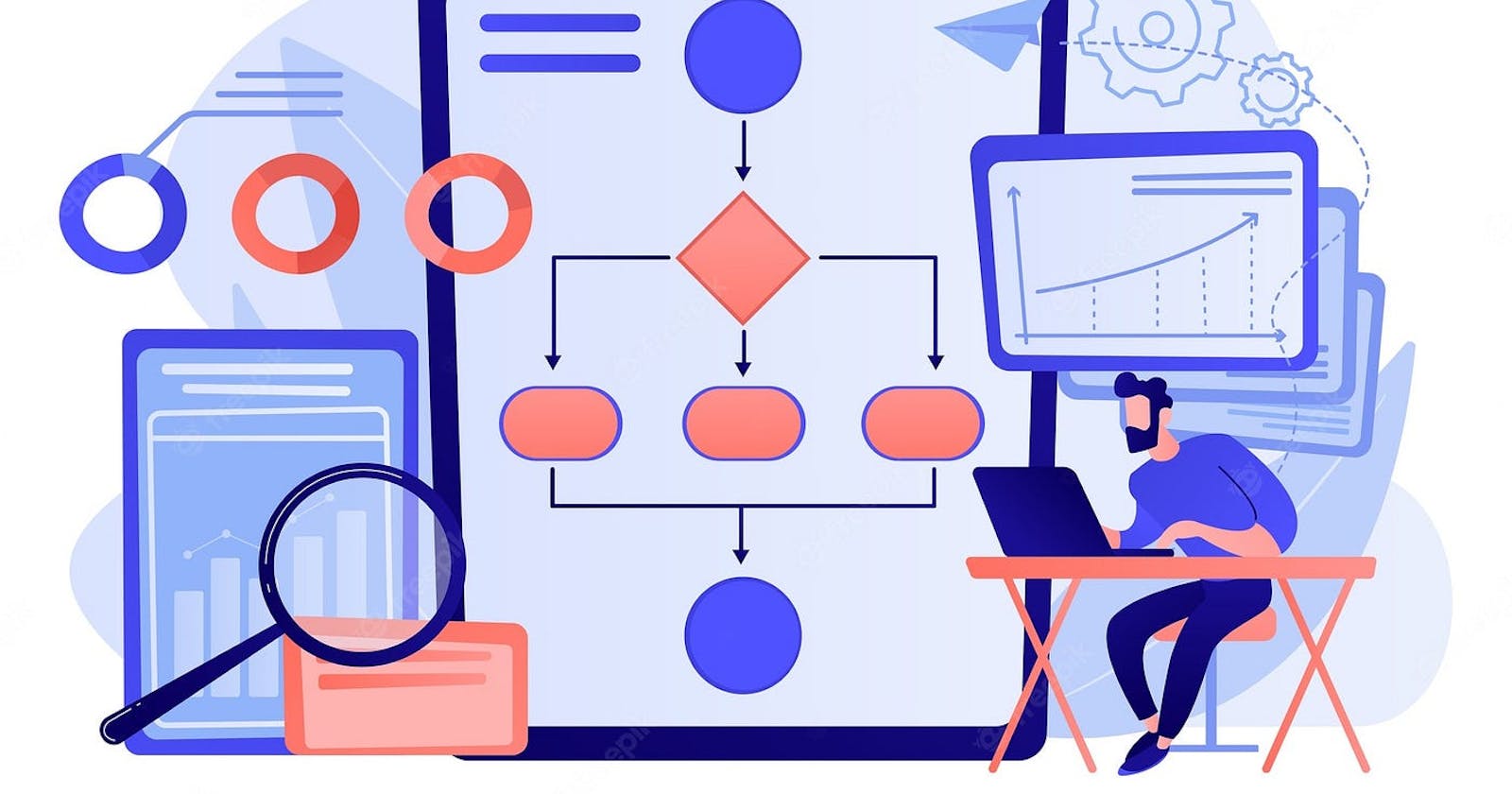Exploring System Design Principles: CAP, BASE, SOLID, KISS
System design principles are fundamental guidelines that help developers and architects design scalable, reliable, and maintainable software systems. In this article, we'll explore some of the key system design principles, including CAP, BASE, SOLID, and KISS, and how they influence the design and implementation of software systems.
CAP Theorem
The CAP theorem, also known as Brewer's theorem, states that it is impossible for a distributed data system to simultaneously provide consistency (C), availability (A), and partition tolerance (P). According to the theorem, in the event of a network partition (P), a distributed system must choose between consistency (C) and availability (A). While CAP provides a framework for understanding trade-offs in distributed systems, it's essential to prioritize the requirements of your specific application when designing distributed systems.
BASE Principle
BASE, which stands for Basically Available, Soft state, Eventually consistent, is an alternative approach to CAP for designing distributed systems. BASE systems prioritize availability and partition tolerance over strict consistency. Instead of guaranteeing strong consistency at all times, BASE systems tolerate eventual consistency, allowing data to be replicated and eventually converge across distributed nodes. BASE principles are often applied in large-scale distributed databases and NoSQL data stores.
SOLID Principles
SOLID is a set of five object-oriented design principles that promote modular, maintainable, and scalable software architectures. The SOLID principles include:
- Single Responsibility Principle (SRP): Each class or module should have only one reason to change, focusing on a single responsibility.
- Open/Closed Principle (OCP): Software entities should be open for extension but closed for modification, allowing for easy extension without modifying existing code.
- Liskov Substitution Principle (LSP): Objects of a superclass should be replaceable with objects of a subclass without affecting the correctness of the program.
- Interface Segregation Principle (ISP): Clients should not be forced to depend on interfaces they don't use, promoting smaller, more focused interfaces.
- Dependency Inversion Principle (DIP): High-level modules should not depend on low-level modules; both should depend on abstractions. Additionally, abstractions should not depend on details; details should depend on abstractions.
Applying SOLID principles leads to more modular, flexible, and maintainable software architectures, making it easier to scale and extend systems over time.
KISS Principle
The KISS principle, which stands for Keep It Simple, Stupid (or Keep It Simple and Straightforward), emphasizes the importance of simplicity and clarity in software design. KISS encourages developers to favor simple, straightforward solutions over complex ones, prioritizing readability, maintainability, and ease of understanding. By keeping designs simple and avoiding unnecessary complexity, developers can reduce the likelihood of bugs, improve code quality, and enhance the overall maintainability of software systems.
Conclusion
System design principles like CAP, BASE, SOLID, and KISS provide valuable guidance for designing scalable, reliable, and maintainable software systems. By understanding and applying these principles, developers and architects can make informed decisions about system architecture, data management, and code design. Whether you're designing distributed systems, object-oriented software, or database architectures, incorporating these principles into your design process can lead to more robust and efficient solutions.
Are you interested in learning more about system design principles, architecture patterns, or best practices for software development? Share your thoughts in the comments below and subscribe to our blog newsletter for updates on similar topics and more insightful content!
Embrace system design principles and elevate the quality and scalability of your software systems!
